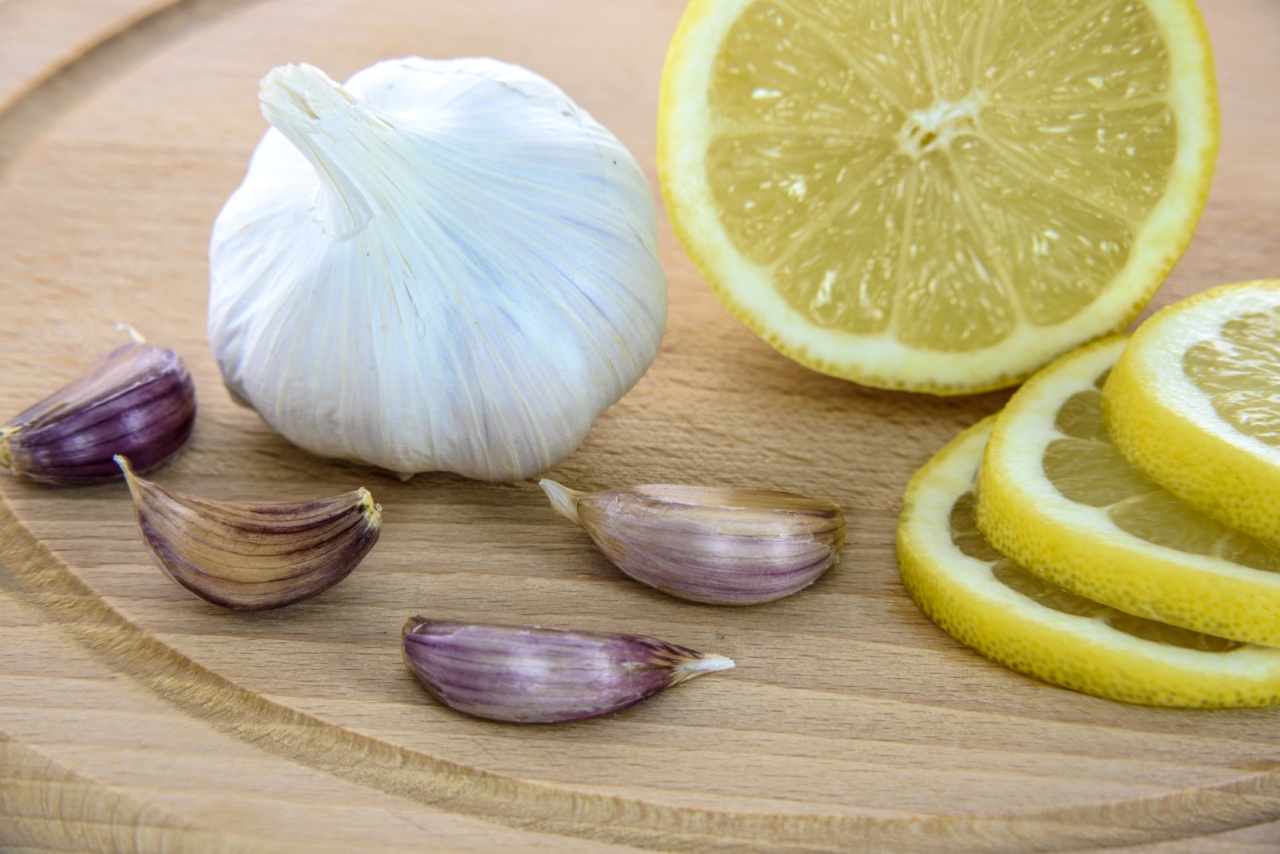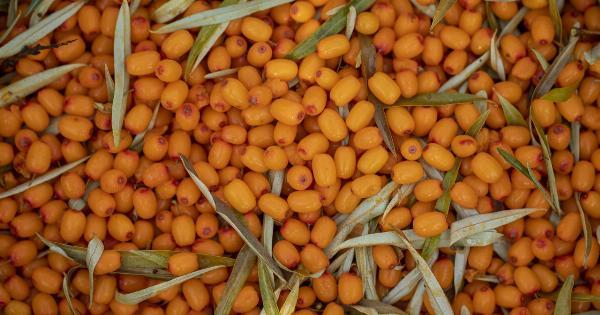Vegetables are not only packed with essential vitamins, minerals, and dietary fiber, but many of them also have incredible medicinal properties.
Including these vegetables in your daily diet can not only enhance your overall well-being but also act as a natural remedy for various ailments. Here are 10 vegetables with remarkable medicinal properties:.
1. Garlic
Garlic has been used for centuries due to its numerous health benefits. It contains a compound called allicin, known for its antibacterial and antifungal properties.
Garlic is also believed to promote heart health by reducing cholesterol levels and blood pressure. Additionally, it may boost the immune system and help the body fight infections.
2. Ginger
Ginger is well-known for its anti-inflammatory properties. It is often used to alleviate nausea and morning sickness.
Ginger also has a long history of use in traditional medicine for treating digestive issues, such as indigestion, bloating, and stomach cramps. Moreover, it may help reduce muscle pain and soreness.
3. Turmeric
Turmeric contains a powerful compound called curcumin, which has potent anti-inflammatory and antioxidant effects.
It has been used in Ayurvedic medicine for centuries to treat various conditions, including arthritis, digestive disorders, and skin problems. Curcumin is also believed to play a role in reducing the risk of chronic diseases such as cancer and heart disease.
4. Spinach
Spinach is a nutrient-dense leafy green vegetable that offers numerous health benefits. It is an excellent source of antioxidants, vitamins A, C, and K, and minerals like iron and calcium.
Spinach is known to support eye health, improve digestion, and strengthen the immune system. Its high antioxidant content may also protect against certain cancers.
5. Kale
Kale is another nutritional powerhouse that is rich in vitamins, minerals, and antioxidants.
It contains high amounts of vitamin C, vitamin K, and beta-carotene, which are essential for maintaining healthy bones and reducing the risk of chronic diseases. Kale is also packed with fiber, which aids digestion and supports weight loss.
6. Broccoli
Broccoli belongs to the cruciferous vegetable family and is renowned for its cancer-fighting properties. It is a rich source of vitamins C, K, and A, as well as folate and fiber.
Broccoli consumption has been linked to a reduced risk of heart disease, improved digestion, and enhanced immune function.
7. Carrots
Carrots are known for their vibrant orange color, which indicates their richness in beta-carotene, a precursor to vitamin A. Vitamin A is essential for maintaining good vision and supporting overall eye health.
Carrots are also a great source of dietary fiber, potassium, and antioxidants, which promote heart health and boost the immune system.
8. Onions
Onions are not only a flavorful addition to various dishes but also offer numerous health benefits. They are rich in antioxidants and contain compounds that have anti-inflammatory and antibacterial properties.
Onions also have potential antidiabetic effects, may improve bone density, and support digestive health.
9. Bell Peppers
Bell peppers come in various vibrant colors, including red, orange, yellow, and green. They are excellent sources of vitamins A, C, and E, as well as antioxidants that help protect the body against cell damage.
Bell peppers also contain compounds that may help reduce the risk of chronic diseases and promote healthy skin.
10. Cabbage
Cabbage is a cruciferous vegetable known for its high content of vitamins C and K, as well as fiber and antioxidants. It has been associated with anti-inflammatory and anticancer properties.
Consuming cabbage may aid digestion, support heart health, and boost the immune system.





























